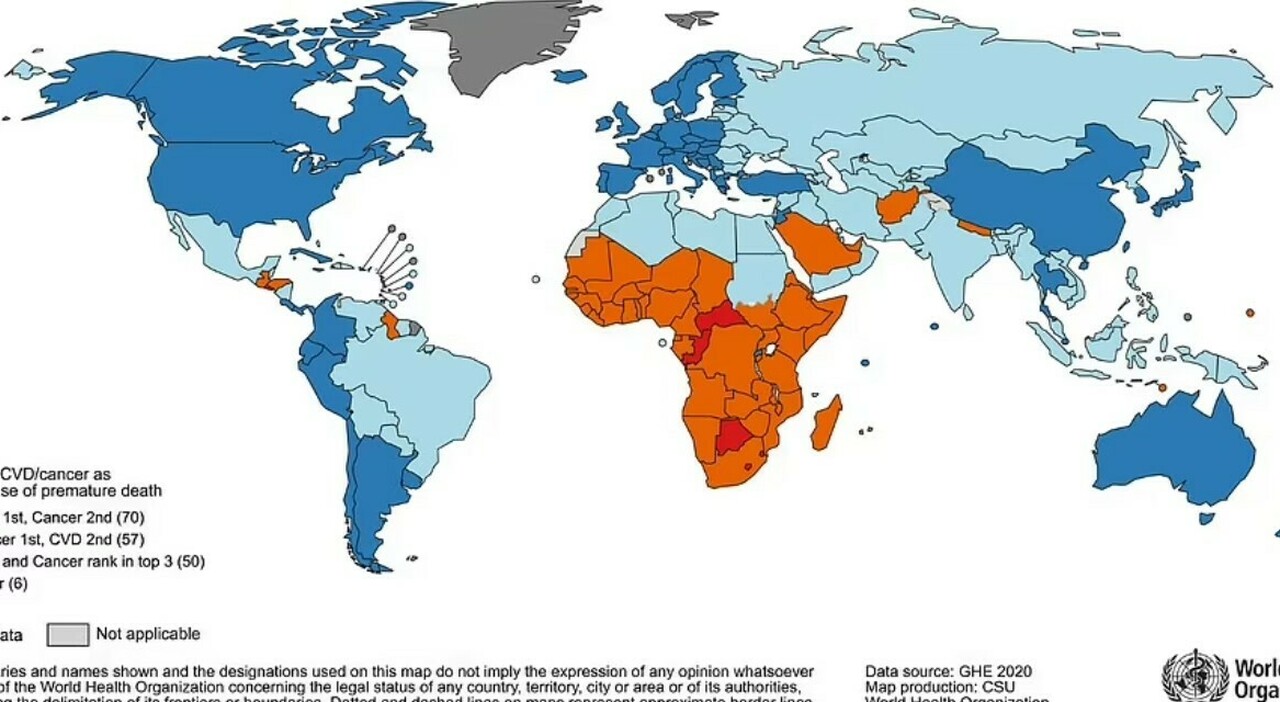Doctors Warn of Rising Cases of Young People Diagnosed with Elderly-Linked Cancers
Recent studies have revealed a concerning trend of increasing cancer diagnoses in young people around the world. The number of cancer cases in individuals under the age of 50 has risen by 79% between 1990 and 2019, with a 28% increase in deaths. The prognosis for the future is not optimistic, as projections suggest that by 2030, cancer diagnoses in young patients will increase by 31% and deaths will increase by 21%.
Various types of cancer are on the rise in people under 50 on almost every continent, posing a significant challenge as the disease tends to be diagnosed in later stages when it is more difficult to treat. This trend has perplexed scientists and led to the initiation of large-scale research projects involving hundreds of thousands of participants from different parts of the world.
According to global data, Australia has the highest rate of early-onset cancer diagnoses, followed by New Zealand. The most common cancer in Australia is breast cancer, while colon cancer leads the list in New Zealand. In Asia, Japan and South Korea also report alarmingly high rates of early-onset cancer. The United States and the United Kingdom are also seeing a rise in cancer cases among young people, with throat and prostate cancers showing the most rapid growth.
Experts attribute the increase in early-onset cancer to factors such as rising obesity rates, high-fat diets, alcohol consumption, and tobacco use. However, the wide variability in lifestyles and habits among different countries suggests that these factors alone cannot account for the rise in cancer cases.
Recent research has also begun to explore the genetic and immune response factors contributing to early-onset cancer. Some studies have found that young cancer patients develop more aggressive tumors than older patients, with a weakened immune response being observed in early-onset cancer cases. The impact of the body’s microbiome on early-onset cancer is also being studied, as disruption to the microbiome can lead to inflammation, which has been linked to the development of various diseases, including cancer.
Of particular concern is the increasing rate of colon cancer among young people, with data showing a 40% increase in cases between 2010 and 2020, expected to further rise by 90% by 2030. Colon and rectal cancers are now the third most common type of cancer in the United States and the third leading cause of death in both men and women.
In Italy, approximately 11,000 people aged between 15 and 39 are diagnosed with cancer each year, with testicular and thyroid tumors being the most common types. The country also sees around 2,600 deaths from these cancers annually. Women in Italy appear to be at a slight disadvantage compared to men in terms of cancer incidence, particularly with breast cancer and testicular cancer showing high prevalence in this age group.
The rise in early-onset cancer cases is a concerning global health issue that requires further research and intervention to address. As doctors continue to sound the alarm, it is essential for individuals to adopt healthier lifestyles and undergo regular screenings to detect cancer early and improve outcomes.
Written by [Author’s Name] for The Messenger.
